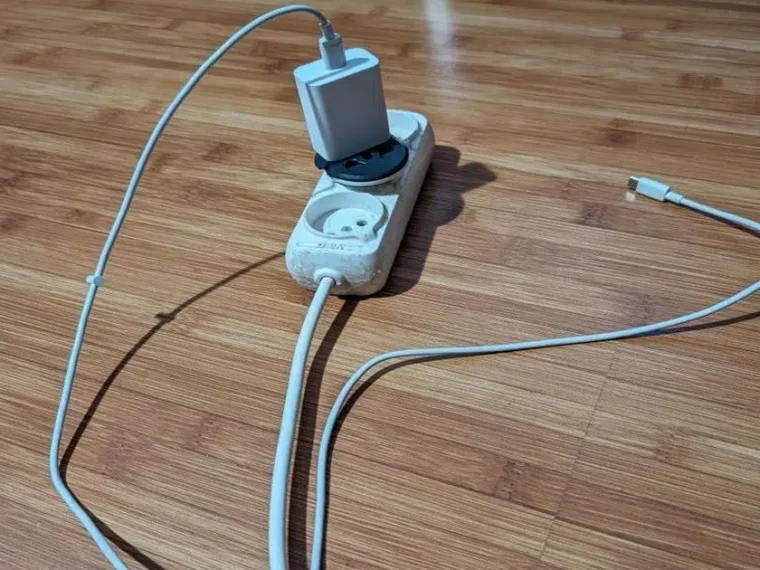a fire hazard. If you have multiple multiple electronics on a single strip, make sure it’s a high-quality surge protector and not just a regular extension cord.
Leaving Chargers Plugged In Can Cause Wear and Tear
Chargers don’t last indefinitely, and leaving them plugged in all the time can gradually degrade the internal components over time. Although this wear and tear isn’t drastic, it can shorten the lifespan of the charger and make it more likely to give out when you actually need it.

Frequent plugging and unplugging can also wear out the outlet itself. If your charger fits loosely into the socket, the outlet could be wearing out and should be replaced.
The Environmental Factor
One charger alone doesn’t contribute greatly to the world’s environment problems, but when millions of people leave their chargers plugged in when they don’t need to, it adds up. In a world that’s turning its attention to minimizing waste and maximizing energy efficiency, every little bit counts. Disconnecting your charger from a power source when not in use is an easy way to conserve energy.
A Simple Habit That Can Benefit You
Leaving your charger plugged in might not seem like a big deal, and in most cases, it’s not a significant safety risk. But unplugging it when it’s not being used can help reduce unnecessary energy waste, prolong your charger’s lifespan, and reduce even the smallest risks of overheating—especially with old or lower-quality chargers.
So, although it’s not an urgent fire hazard, adopting the habit of unplugging your charger is a simple way to practice better electrical safety, conserve a bit of energy, and keep your devices in better condition for longer. A small action today can make a difference in the long run!
There’s even more to watch out for at home — like why you should never put a tea towel on the oven door, a common habit that could be riskier than you think.





